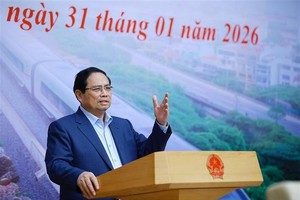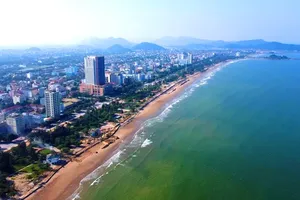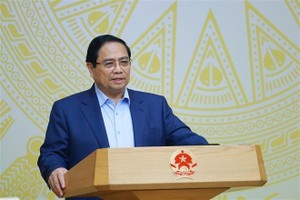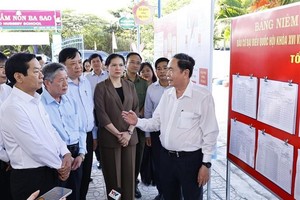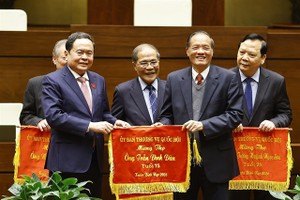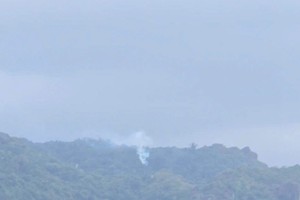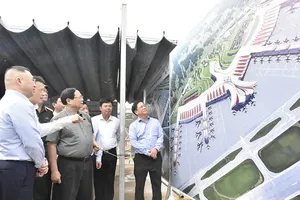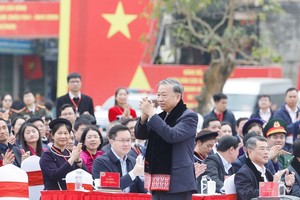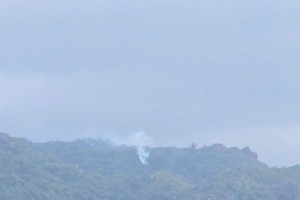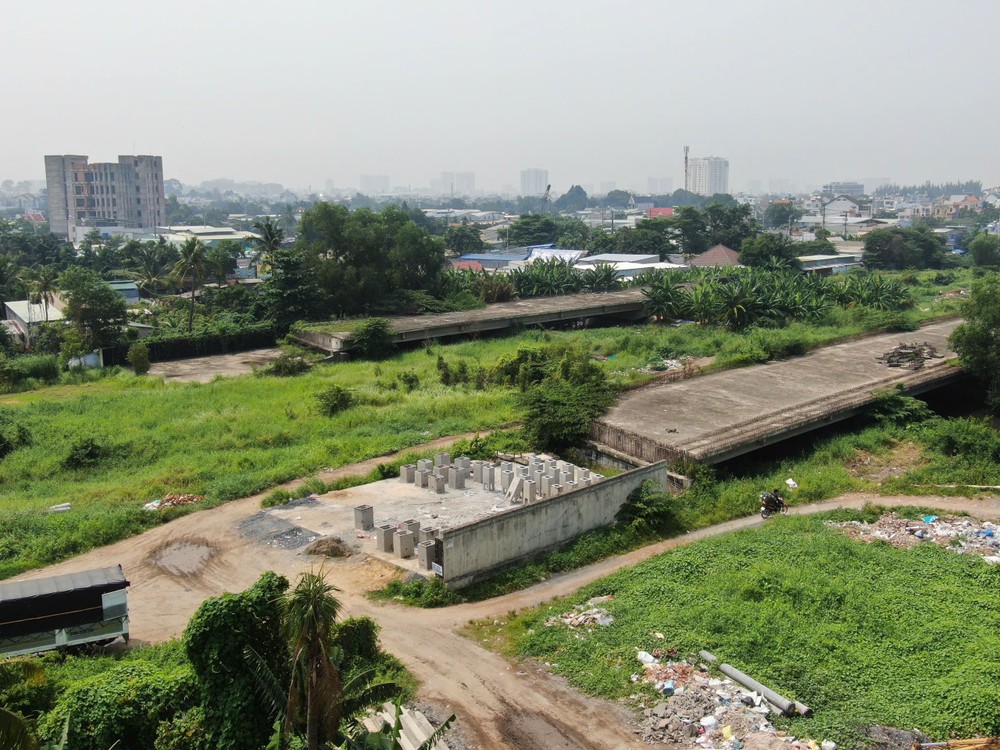
Deputy Director Dinh Khac Huy of Ho Chi Minh City's Department of Planning and Investment has stated that he is seeking a mechanism to address the challenges faced by BT projects in the city.
Deputy Director Huy stated that prior to the enactment of the Law on Investment concerning public-private partnerships, the execution of investment projects in Ho Chi Minh City under BT contracts is governed by Decree 108/2009/ND-CP, Decree 15/2015/ND-CP, Decree 63/2018/ND-CP and Decree 69/2019/ND-CP.
Due to the ongoing challenges in balancing the budget, which often falls short of meeting the investment requirements for infrastructure development aimed at achieving socio-economic objectives, Ho Chi Minh City possesses significant advantages in leveraging land resources to attract investors. This is particularly relevant for infrastructure development projects under BT contracts, where the State compensates investors either through land allocations or through budgetary payments from the city made in installments.
The city has initiated a call for investments in several BT projects to leverage private sector financial resources, alleviate budgetary constraints, and fulfill the investment requirements for socio-economic development. It has been noted that HCMC has entered into 13 BT contracts, amounting to a total investment of VND47,607 billion, although four transitional projects are currently encountering challenges. The first of these is the project aimed at addressing tidal flooding in the southern largest city, which considers climate change factors (phase 1) and is primarily hindered by issues related to the payment mechanism.
The municipal People's Committee has submitted Report No. 271/BC-UBND on September 24, 2024, seeking the Prime Minister's guidance on various solutions to advance the project.
The second project, which involves the construction of internal technical infrastructure for Zone I of the National Historical - Cultural Park, is experiencing delays due to complications with compensation for land clearance and slow disbursement to investors.
Relevant departments and agencies are presently assessing and updating the Ho Chi Minh City People's Committee on the project's continuation feasibility as outlined in Notices No. 195/TB-VP from March 6, 2024, and No. 364/TB-VP from April 10, 2024.
The third investment initiative involves the construction of a connecting segment from Pham Van Dong Street to the Go Dua - National Highway 1 intersection in Thu Duc City. The project has encountered delays primarily due to issues related to land clearance compensation, the absence of a signed Contract Appendix as per the Audit Conclusion, and the failure to disburse the land fund to the investor.
At present, the Ho Chi Minh City People's Committee is seeking guidance from the Ministry of Planning and Investment to address the challenges and impediments facing the project.
The fourth investment initiative pertains to the development of a parallel road extending from Mai Chi Tho Street through the Nam Rach Chiec residential area to Ring Road 2, specifically at the An Phu intersection along the Long Thanh - Dau Giay Expressway. The delays in this project are also attributed to land clearance issues. Currently, the investor is engaged in reporting and monitoring activities related to the project prior to making adjustments, while simultaneously requesting the Ho Chi Minh City People's Committee to review and take appropriate action.
As per the provisions of Resolution 98/2023/QH15, the Ho Chi Minh City People's Committee has delegated the Department of Natural Resources and Environment to assume responsibility for the administration and provision of advice regarding the land fund payment process for the executed BT Contract, in accordance with the stipulations outlined in Clause 7, Article 6 of the aforementioned resolution.
The Department of Natural Resources and Environment has formulated this content, which has been presented to the Ho Chi Minh City People's Committee and the Party Civil Affairs Committee of the Ho Chi Minh City People's Committee for consideration and endorsement. The proposed framework is underpinned by three fundamental principles:
The timing of land allocation and lease for BT Contract payments shall be contingent upon the completion and acceptance of the construction volume pertaining to the BT Contract project, as certified by the competent state agencies in accordance with the provisions of applicable laws and regulations.
The payment procedure consists of four distinct steps: first, the establishment, appraisal, and approval of detailed planning at a scale of 1/500 for the land designated for payment; second, the execution of land allocation and leasing; third, the determination of land prices; and finally, the issuance of certificates for land use rights and ownership of assets associated with the land. The Department of Natural Resources and Environment is currently consolidating feedback from various units to finalize these steps and will subsequently report to the Ho Chi Minh City People's Committee for approval of the outlined implementation process.
Concerning the medium-term public investment plan for the period from 2021 to 2025, the allocation of capital has been largely completed. Consequently, BT projects funded by the city budget will be examined and executed during the medium-term period of 2026 to 2030.
Deputy Director Nguyen Tan Chan of the Department of Transport in Phu Yen Province stated that in relation to the DT 647 road project, which aims to connect Phu Yen Province with Gia Lai Province, Phu Yen has proposed that Gia Lai invest in the segment that borders Phu Yen. Meanwhile, Phu Yen intends to utilize central funding and other financial resources to continue the project in accordance with the planning approved by the Government. As of now, the timeline for the project's implementation remains uncertain due to the province's limited resources and the lack of a balanced funding source.
Additionally, concerning the BT contract, the investor has initiated legal action against the Provincial People's Committee, leaving the situation pending a court ruling.
The Government Inspectorate on October 9, 2024 issued a conclusion recommending that the People's Committee of Phu Yen Province re-examine the responsibilities connected to two BT projects in the province. These projects include the Dien Bien Phu road project in Tuy Hoa city and the upgrade of DT 647 road linking Phu Yen and Gia Lai provinces. As a result, the Chairman of the People's Committee of Phu Yen Province was advised to oversee the inspection and review of any errors and violations, ensuring they are addressed in accordance with the law.

